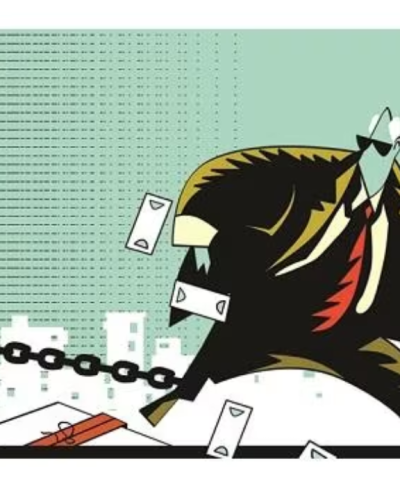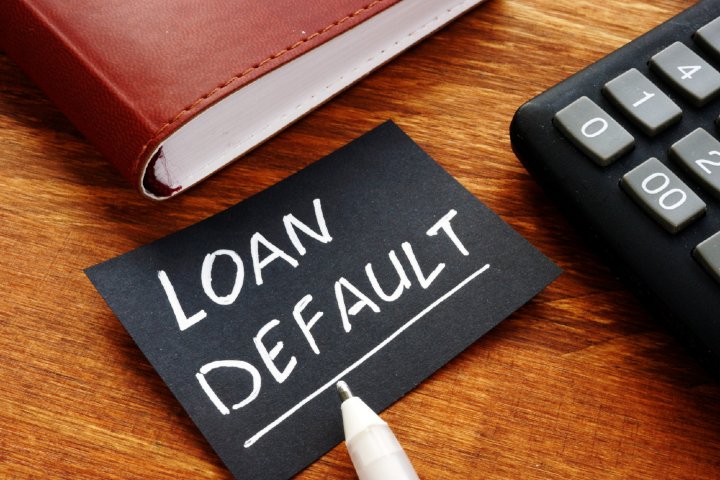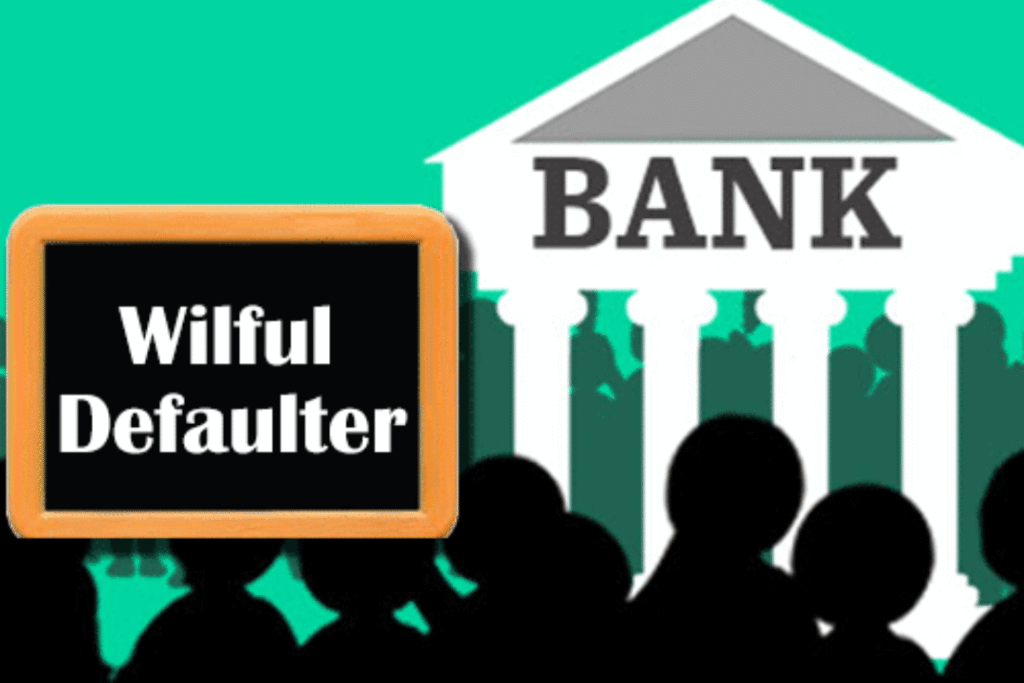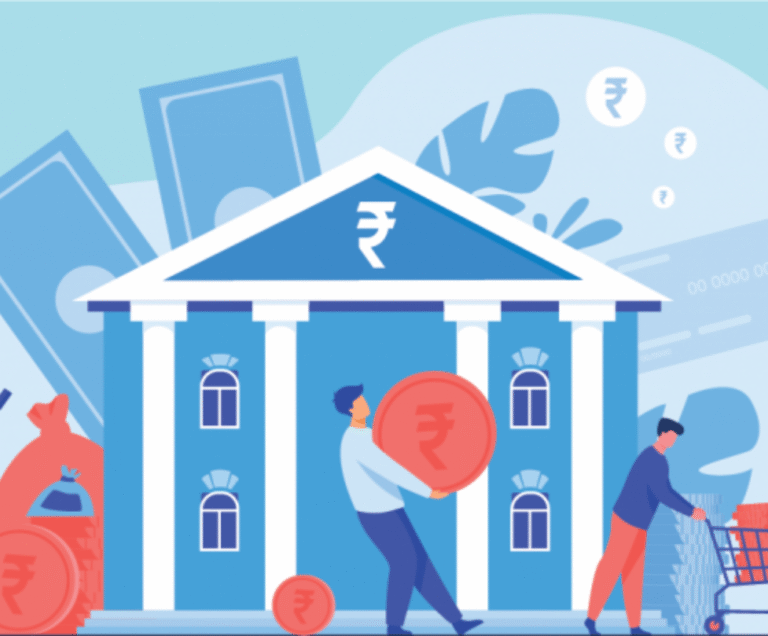Willful Defaulters
A willful defaulter is someone who has the capacity to repay but deliberately avoids doing so. Lenders may aggressively pursue legal action against such borrowers, and they may face serious consequences, including being barred from future credit access and the remark of willful defaulter in the CIBIL credit report will affect adversely the credit profile and the credit worthiness of the individual. The term “wilful default” has been redefined in supersession of the earlier definition as under:
A wilful default, on the other hand, is a deliberate non-payment of a loan despite having the capacity to repay. Wilful defaults are more serious and can result in legal action.
CIBIL defaulter list is often misunderstood as a separate list maintained by banks or credit bodies. However, there is no such specific list. Instead, credit companies collect and maintain comprehensive data on borrower’s repayment performance across various types of credit. This data includes timely payments and defaulted payments, which impact the borrower’s credit score.






